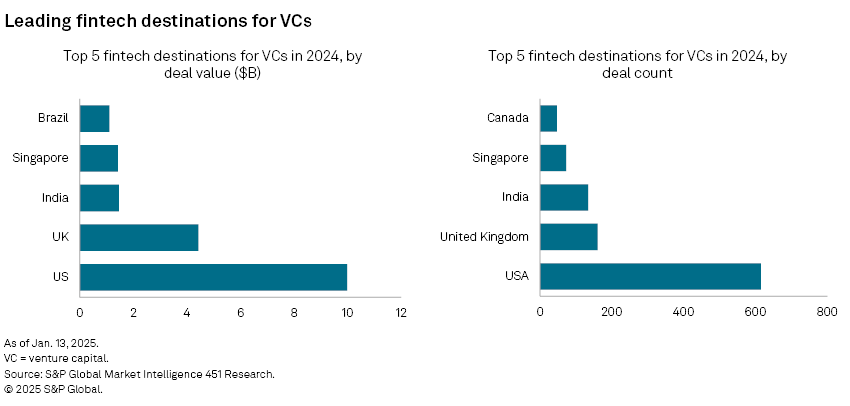The Rise of Embedded Finance: A VC Goldmine
Embedded finance is rapidly changing the financial landscape. VCs are pouring money into startups that seamlessly integrate financial services into non-financial platforms. Imagine booking a flight and getting travel insurance simultaneously, or ordering groceries and paying with a buy-now-pay-later option directly within the app. This frictionless experience is driving massive adoption, making embedded finance a prime area for investment. Deals involving companies like Stripe and Plaid, who provide the underlying infrastructure for these integrations, represent a significant portion of the funding, but smaller players are also attracting substantial investment as they carve out niches within specific industries.
The Power of Open Banking and Data Analytics
Open banking initiatives globally are unleashing the power of consumer financial data. VCs are betting big on fintechs that leverage this data to create personalized financial products and services. This means more sophisticated risk assessment, tailored lending options, and improved budgeting tools. Companies specializing in data aggregation and analysis are seeing a surge in investment, as are those developing innovative products based on these insights. The key here is the ability to utilize this data ethically and responsibly, a crucial element that investors are carefully scrutinizing.
Decentralized Finance (DeFi) Continues to Attract Attention
Despite market volatility, DeFi continues to hold significant appeal for VCs. While the initial hype has subsided, the underlying technology shows promise. Investment is shifting towards projects focusing on scalability, security, and user experience. We’re seeing a move away from purely speculative investments toward projects with practical applications, such as decentralized lending platforms, yield farming protocols that offer more robust risk management, and stablecoins backed by real-world assets.
The Growing Importance of Fintech in Emerging Markets
Emerging markets present a massive, largely untapped opportunity for fintech innovation. Millions lack access to traditional banking services, creating a fertile ground for mobile-first solutions. VCs are increasingly investing in companies offering mobile money transfers, micro-loans, and digital insurance in these regions. These investments often involve partnerships with local players, understanding the specific nuances of each market is crucial for success and is a factor that VCs are carefully considering.
Sustainable and Ethical Fintech: A Rising Trend
Investors are increasingly prioritizing environmental, social, and governance (ESG) factors. This is reflected in the growing interest in fintech companies focused on sustainability. This includes investments in green finance platforms, companies promoting responsible investing, and those using technology to tackle financial inequality. The focus is shifting towards businesses that have a positive social impact alongside financial returns, marking a significant change in investment priorities.
The Future of Payments: Beyond Cards and Cash
The payments landscape is evolving rapidly, with new technologies and payment methods constantly emerging. VCs are actively pursuing companies developing innovative payment solutions, such as real-time payments, mobile wallets, and blockchain-based payment systems. The focus is on speed, security, and convenience, with a strong emphasis on solutions that cater to the growing demand for seamless and frictionless transactions across various platforms and devices. This sector remains highly competitive, with a constant influx of new players and ongoing consolidation.
AI and Machine Learning: Transforming Financial Services
Artificial intelligence and machine learning are revolutionizing various aspects of the financial industry. VCs are heavily investing in fintechs leveraging AI for fraud detection, algorithmic trading, personalized financial advice, and risk management. The ability to analyze vast amounts of data and identify patterns is a significant driver of innovation and efficiency, leading to a substantial increase in funding for companies in this space. However, the ethical implications of AI in finance are also being closely examined by investors.
Insurtech’s Continued Growth and Innovation
The insurance industry is ripe for disruption, and insurtech startups are leading the charge. VCs are actively investing in companies using technology to streamline insurance processes, improve customer experience, and develop innovative insurance products. This includes using AI for risk assessment, leveraging telematics for auto insurance, and creating personalized insurance packages based on individual needs. The sector shows significant potential for growth, driven by the increasing demand for more accessible and affordable insurance solutions. Read also about fintech venture capital trends.



